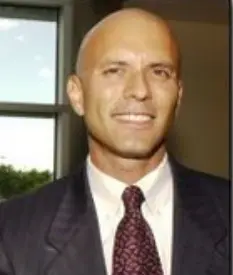Lincoln’s Greenbacks
Constitutional Moments and Monetary Reform
Oct 17, 2013
Overview
This seminar will explore the political, economic, and legal innovations leading up to, during, and following the Lincoln Administration and the Civil War. In addition, it will examine the relationship between ante- and post-bellum monetary and financial system innovation and the larger currents of constitutional and social transformation of the period.
Questions to be addressed include:
What impact did Abraham Lincoln’s presidency have on the historical evolution of the legal architecture of the United States macroeconomy?
What were the most significant institutional and legal innovations concerning money that took place during this period?
How did these innovations come to be, and what legacy did they impose on subsequent monetary system developments?
What lessons can contemporary policymakers take from the Lincoln-era monetary debates?
Participants



